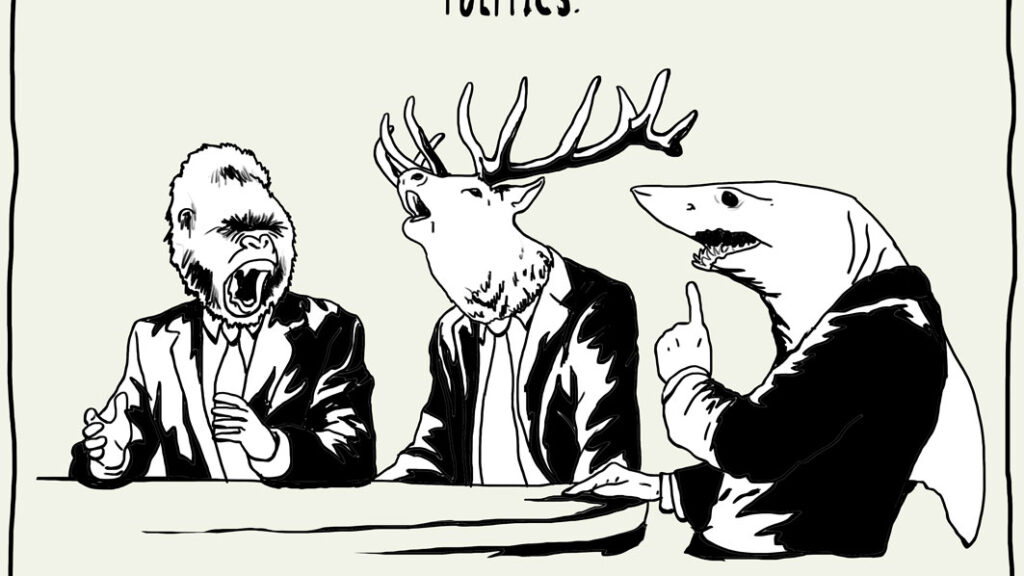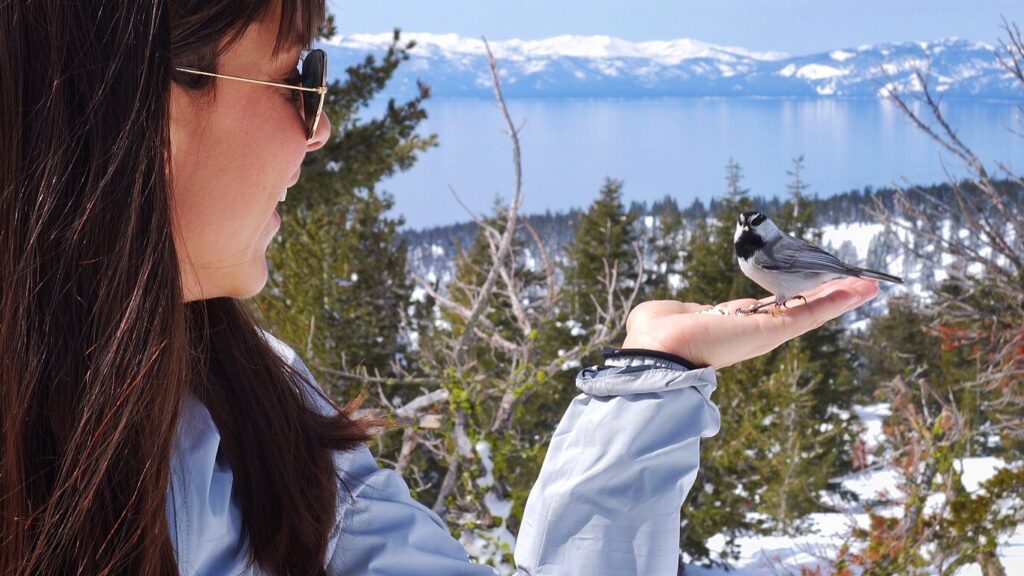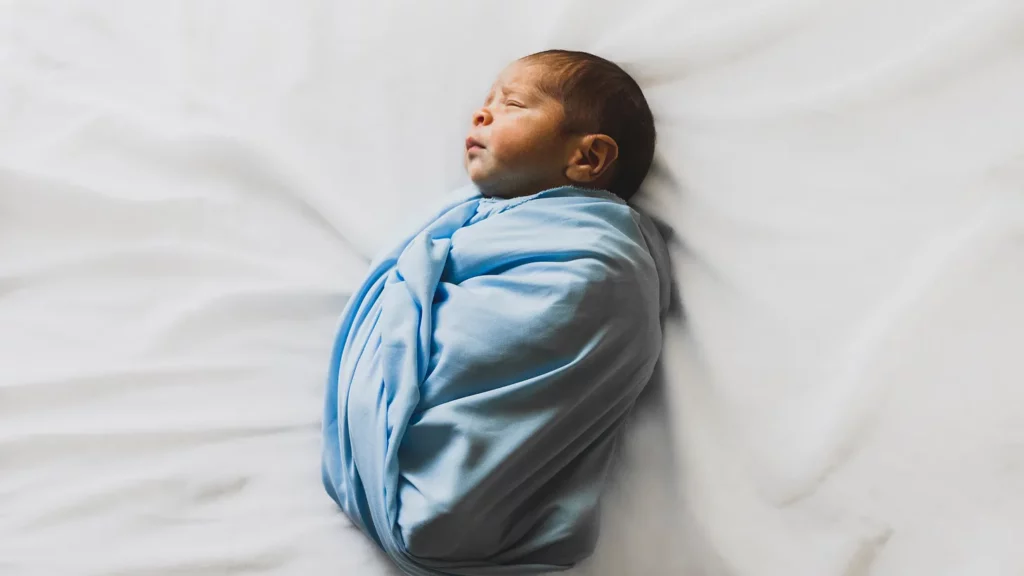Over the past six months, I have watched a curious trend develop amongst the people in my circle. Faced with a clear threat —COVID-19- two courses have emerged. First is the group that follows whatever rules and precautions that exist where they live but who also generally accept that COVID is a part of life. These are the people who went back to the gym when it opened, socialize within their bubble, and go to restaurants. Life is normal (ish).
The second group follows strict, often self-imposed rules. One thirtysomething friend of mine hasn’t left his house since March. Another makes sure never to miss the nightly news, so she can stay informed on the latest numbers. Still, another barricaded herself in the attic to keep distance from the family. They put these practices in place to keep themselves safe. They are running from the threat. And it’s been working. Until now.
The thirtysomething friend came down with a fever and a deep, dry cough. Coronavirus or otherwise, he asked himself, “How the hell did I catch something when I haven’t left the house?” The friend watching the nightly news experienced so much anxiety that she gave herself raging ulcers that ate through her stomach lining. And the acquaintance in the attic? She developed a lung infection unrelated to COVID but refused to go to the hospital because she was worried about catching COVID. The lung collapsed. She was hospitalized and left with a much bigger problem than the initial infection.
It is a most human act to focus on an outside predator, convincing ourselves that if we just get stronger or run faster, we will evade danger. But the process of protecting ourselves from an obvious beast can skew our perception. Fixated on a single threat, we lose our peripheral vision and are blindsided by an unexpected blow…even though signs were there all along.
At its core, this tendency stems from the brain’s inability to truly conceptualize its death. That’s all we’re doing right? Telling ourselves that if we stay inside, watch the news, and keep away from other people we will not die. Death is a scenario that will befall other people. But not us. Because we are in control.
Except, we will die. Yes, even you. Fixating on this one particular method of death is futile. Avoiding it does not eliminate the end result. It simply shifts the target.
Easier said than done, of course. Your psychology, risk tolerance, physical health, and life experience will dictate how you handle a crisis with so many unknowns. But no matter your particular brand of peccadilloes, it’s worth asking, what exactly are you running from? And what is happening around you, when you’re blinded by the chase?
More articles from the blog
see all articles
October 28, 2022



